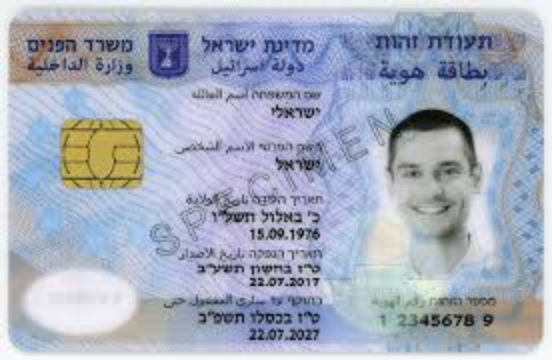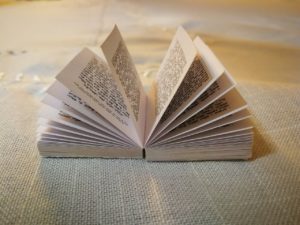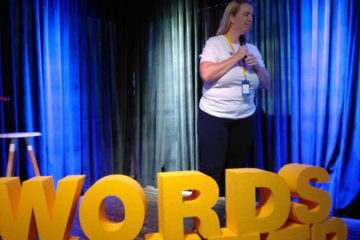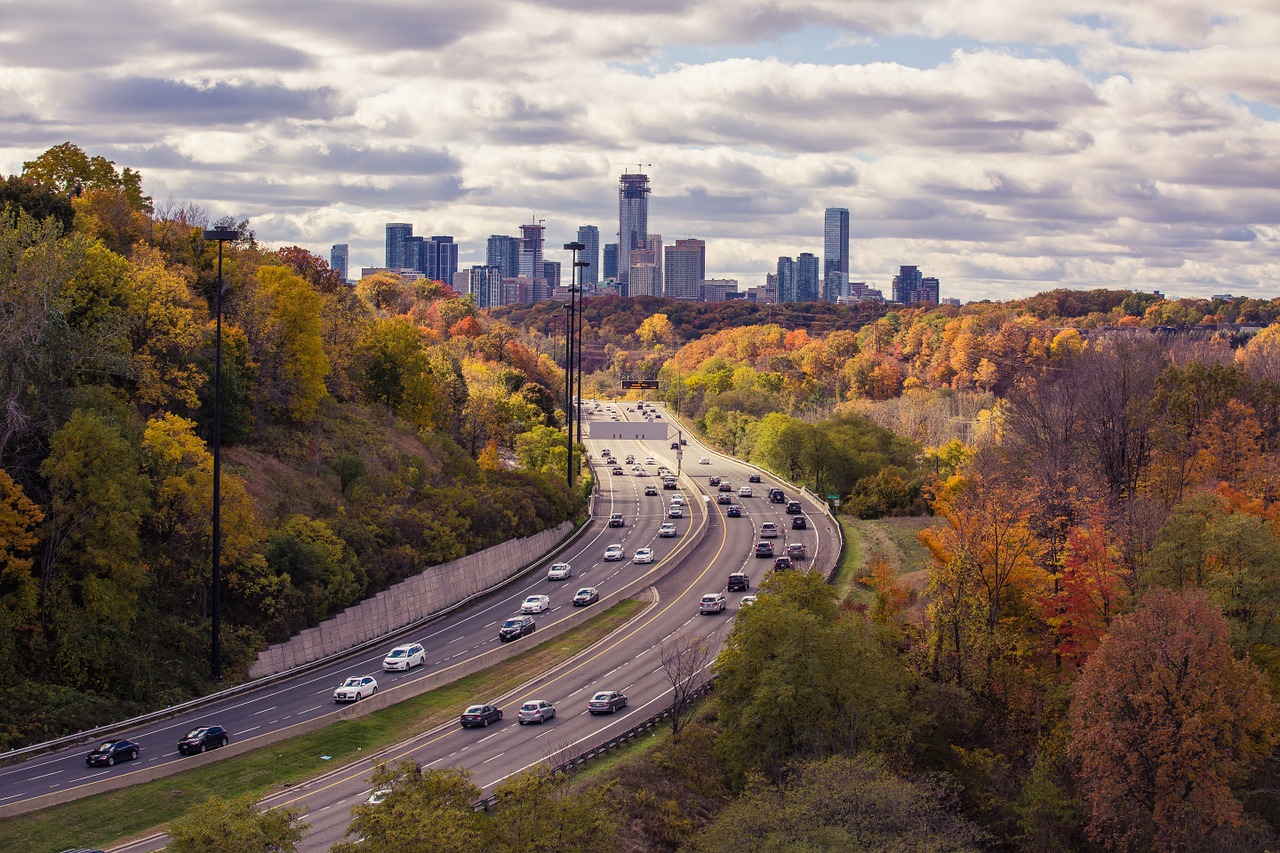
In Israel, perhaps the most important document you need is your Teudat Zehut – your Identification Document. This is the key for letting all and sundry know who you are. So important is this document, that you must have it on you at all times. Yes, indeed, there is an obligation to carry one’s Teudat Zehut on one at ALL times. Personally, I do. It can happen that one accidentally forgets one’s Teudat Zehut, but really, one should cling to it much like one would put on one’s watch in the morning or perhaps for those who don’t wear watches – hold on to one’s cell phone!
Let us begin with monetary issues. One can be called upon by a police officer to show one’s Teudat Zehut at any time of night or day. One can be called on any day of the year! One who cannot show it can be subject to a possible ₪1400 fine! Though there seems to be a law to allow one five days of grace to present the said item if one did not have it on one, anything can happen, and come what may, it is far easier to deal with having one’s Teudat Zehut on one and presenting it when needed than to find oneself having to deal with the bureaucratic system in the land of Israel.
Other problems of not carrying it could include a police officer taking you down to the station for investigation. Well – I could not believe all this, but after having recently had an uncomfortable episode myself, I realised just how important this simple card actually is!
Actually, my appearance is quite non-threatening – but I suppose one can suspect anyone – no matter how innocent they look – and so the police have the right to check who one is.
This morning, as I took a walk to the Mikvah before davening, I was spotted by a police officer who made his way across the street looking most suspiciously at me as I walked up the hill. It was still dark in the early hours of the morning. But he had his eyes fixed on me already from over a hundred metres away! I had seen his car parked up the road and the red and blue lights flashing! His steps were calm yet focused and he did not take his eyes off me for a second. His approach to me was actually – as I felt, quite threatening – and I realised one should be as calm as possible even when one is innocent. In a certain way, I was already feeling as if I was a criminal and had done something wrong. While I was brought up to think that police are the good guys looking after the good guys, I must admit that watching the way this police officer moved towards me, I had second thoughts, and it made me aware that guilty or not – it would be better to stay away from law-enforcing officers!
As an aside, I remind myself of an event that took place just last year. As I approached an officer who was about to place a ticket on a car that had parked in a forbidden place, I asked the officer what the driver had done wrong – as for my own reasons, I wanted to be careful not to make the mistake myself – if I would of course ever own my own car! The officer barely looked at me. He was angry at my having asked him a legitimate question which actually would have helped me to understand what had happened. When I explained to the officer that I actually had a license to drive but no car – but wanted to know what had been done wrong here, I felt as though he was about to revoke my license! He was most angry at me and suggested I go and do a new course on how to drive a car and all the laws of the road! I realised then and there that while police officers are supposed to assist ordinary innocent civilians (such as myself in both these stories), one would do well to keep far from them.
I add a point of my own disappointment at something I see here in Israel. I notice that while there seems to be great solidarity – and especially with the law-enforcement officers who will be on the scene of a terrible accident (God forbid) and everyone seems so united, but when life is normal, there seems to be a tremendous amount of animosity. Whatever one would say about such an attitude – in both these stories with police officers, I certainly felt it – wondering where this unity in times of terror on the scene of the crime actually comes from! But I digress from my story and the issue of the Teudat Zehut…
The police officer who had now stopped me, asked me a few questions about myself – somewhat of an interrogation. He asked where I was going, who I was, where the actual place was, why was I going there, what do I do there (at the Mikvah) and why I do it and so on and so forth. He then asked for my Teudat Zehut which he promptly photographed after all that, and then walked away with a kind of dissatisfied look on his face. (A smiling “Good Morning” – “Boker Tov” and “Yom Tov” or “Hemshech Yom Tov” would have made all the difference! Even if he had just said to me that he was required to do this every morning and that he apologised if he made me feel “guilty” for anything in any way.)
Interestingly enough, his Hebrew was quite shoddy – if I may use that word. Though I understand Hebrew, there are many Israelis I cannot hear at all. It’s not just the accent. It’s the swallowing of words and the joining of words making a sentence so often sound like just two or three words at most. If one is a police officer, one should be required to learn how to speak out one’s words so that when speaking to the private citizen, that person will be able to clearly understand what is being said, as opposed to having to spend time trying to piece together what might have been said. Many Olim would surely not have understood a word he said to me – not because his vocab was advanced, but simply because he sounded like a child struggling to give a speech in a lower grade might sound like. I certainly respect police officers and am thankful for all their good work. What I would appreciate though, is that as an innocent person (at least presumed so until having been proved guilty) to be spoken to clearly and flowingly, so that I not have to ask him to repeat himself or spend my own time considering what his words actually are!
I still don’t know why he took a photograph of my Teudat Zehut – but apparently, when someone is on the suspicion list of wanted people, the officer will photograph the Teudat Zehut in order to file a report when they return to their station. Apparently, they either do this, or take one down to the station immediately for a report to be made against the person. So it seems it was better to have him simply photograph the Teudat Zehut than to have taken me to the station, leaving my wife to wonder why it would have been at least a couple of hours before she would have heard from me regarding my relatively short daily Mikvah visit! Phew… it’s a wonder so many terrorists literally get away with murder in a place where officers are so strict with obtaining a photograph from someone taking a morning walk to the Mikvah! As they say – Only In Israel!
So, the point of the story was to let you know the details regarding your Teudat Zehut (and mine!) If you are going anywhere – make sure that vitally important document is with you at all times. It’s true, they say you can also show a valid driver’s license or other valid ID, but for me, I’ve decided, with the complete lack of respect in which the meeting took place this morning – I feel, I’d much rather keep that Teudat Zehut on me at all times, rather than take a chance! It’s just not worth it.
Your Teudat Zehut is your only proof that you might be an innocent person. If you want to avoid being taken to a police station, a heavy financial penalty or any other inconvenience related to bureaucracy, keep it on you at all times! You never know – there might just be someone out there who the police are looking for who looks just like you. When someone sees you, and mis-identifies you, you may be required to show your ID to prove you are not the other person.
Stay safe! Keep your money for yourself rather than have to spend it unnecessarily on government penalties! Breathe in and breathe out. God is still in charge!


